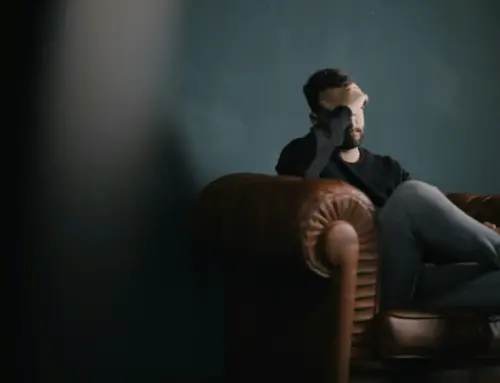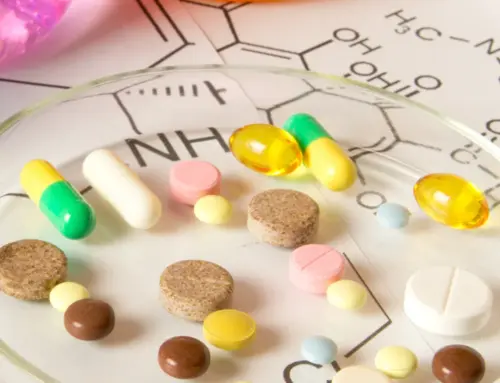No parent wants to believe her child is struggling with substance abuse, but it is actually common. More than 70 percent of high school seniors have tried alcohol, more than 50 percent have tried illegal drugs, and more than 20 percent have misused prescription medication. Even if your teen’s drug use isn’t an addiction, it may have negative consequences. Drugs and alcohol can impair brain development and early use is a major risk factor for addiction later on. Intervening early, and possibly even forcing your teen to enter treatment might save everyone a lot of trouble. Addiction treatment for teens is different from adults in some ways.
First, teens are far less likely to admit they have a problem and seek help. This is partly because they value their privacy and independence. They don’t want their parents knowing what they’re up to, even when it doesn’t involve drugs and alcohol. Also, they might not know when they have a problem. They take their cues from friends and peers, who may also have problems. Teens often don’t have the self-awareness to realize when substance use is damaging their lives. Typically, if they get help, it has to come from their parents. In the US, parents can force their children to enter rehab if necessary.
Teens tend to misuse different drugs than adults. While teens are most likely to use marijuana and alcohol, adults are most likely to misuse alcohol and prescription medication. This makes some difference when it comes to detox, because marijuana detox is relatively mild compared to other drugs. In fact, teens generally have less severe withdrawal and less severe cravings than adults.
As with adults, cognitive behavioral therapy, or CBT is usually effective with teens. While there is nothing in standard CBT that teens couldn’t understand and use, it may help to have a therapist who has experience dealing with teens. Teens typically need more structure and boundaries, but are wary of authority. Striking the right balance in therapy can be tricky.
Most teens will return home after therapy, so it’s especially important to involve the family in therapy. It’s important for anyone in recovery to have strong social support, but teens typically have little choice but to return home after treatment. If there are unresolved issues in the family, it might drive the teen right back into drug or alcohol use. Involving the family in therapy, on the other hand, may be an opportunity to address the source of the problem, rather than putting all the responsibility on the teen to react positively to a dysfunctional situation.
Located in downtown Midland, The Springboard Center’s mission is to offer programs and services to treat alcohol and drug addiction treatment using an evidence based curriculum, 12 step programs, diet, nutrition, exercise, emotional, mental and spiritual development for a long recovery. For more information, please call us at 432-620-0255 as we are open 24 hours a day, 7 days a week.




